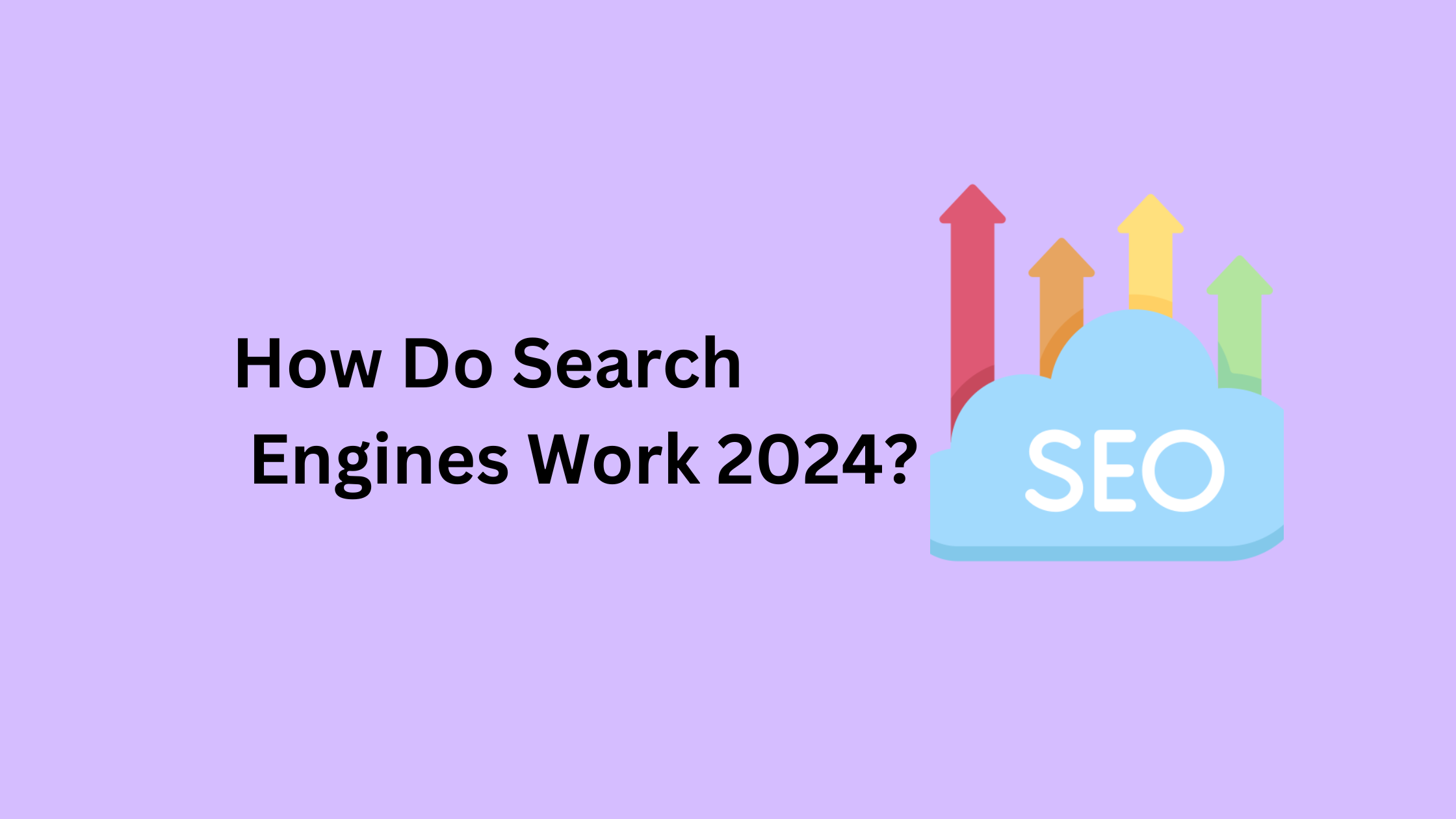Address
304 North Cardinal St.
Dorchester Center, MA 02124
Work Hours
Monday to Friday: 7AM - 7PM
Weekend: 10AM - 5PM
Address
304 North Cardinal St.
Dorchester Center, MA 02124
Work Hours
Monday to Friday: 7AM - 7PM
Weekend: 10AM - 5PM

In the vast universe of the internet, search engines act as our guiding stars, helping us navigate through a sea of information to find what we’re looking for. But have you ever stopped to ponder how these digital marvels work behind the scenes? Let’s embark on a journey to unravel the intricate workings of search engines and gain insights into their fascinating algorithms, crawling processes, and the mysterious world of search engine results pages (SERPs).

At the core of every search engine lies a sophisticated algorithm—a complex formula that determines how web pages are ranked and displayed in response to user queries. These algorithms are designed to evaluate hundreds of factors, including keyword relevance, website quality, and user experience, to deliver the most accurate and helpful results. It’s like a master chef crafting the perfect recipe, combining various ingredients to create a delightful dish that satisfies our appetite for knowledge.
Google’s algorithm, for instance, utilizes a combination of on-page and off-page factors, such as content quality, backlink profile, and user engagement metrics, to determine the relevance and authority of web pages. As algorithms evolve, search engines become smarter and more adept at understanding user intent, making it essential for website owners and SEO professionals to stay updated with the latest trends and best practices.
Before a webpage can appear in search results, it must undergo a series of processes known as crawling, indexing, and ranking. Let’s break down each step to understand its significance:
Search Engine Results Pages, or SERPs, are the pages displayed by search engines in response to a user’s query. These pages feature a mix of organic results, paid advertisements, featured snippets, and other content types, tailored to provide the most relevant and useful information.
Organic results are web pages that appear naturally in search results, based on their relevance and authority. Paid advertisements, on the other hand, are sponsored listings that appear at the top or bottom of SERPs, often marked with an “Ad” label.
Featured snippets are concise answers or summaries displayed at the top of SERPs, providing quick solutions to user queries. Understanding SERPs is crucial for both users and website owners, as they offer valuable insights into user behavior, competition, and opportunities for optimization.
The Importance of Understanding Search Engines
In today’s digital age, having a solid understanding of how search engines operate is crucial for anyone looking to establish a strong online presence. By familiarizing yourself with algorithms, crawling processes, and SERPs, you can optimize your website to rank higher, attract more organic traffic, and ultimately, achieve your business goals.
Factors Influencing Search Engine Rankings
Several factors influence search engine rankings, each playing a vital role in determining a webpage’s visibility and performance in search results. Some key factors include:
How to Optimize for Search Engines
Optimizing your website for search engines involves a combination of on-page and off-page strategies aimed at improving its visibility, relevance, and user experience. Here are some essential steps to consider:
By adopting a holistic approach to SEO and staying updated with the latest trends and algorithms, you can create a robust online presence that resonates with both users and search engines.
Conclusion
Understanding the inner workings of search engines is essential for navigating the complex world of SEO and achieving success in the digital landscape. By grasping the fundamentals of algorithms, crawling, indexing, and SERPs, you can make informed decisions that drive organic traffic, enhance user experience, and ultimately, achieve your business objectives.
FAQs